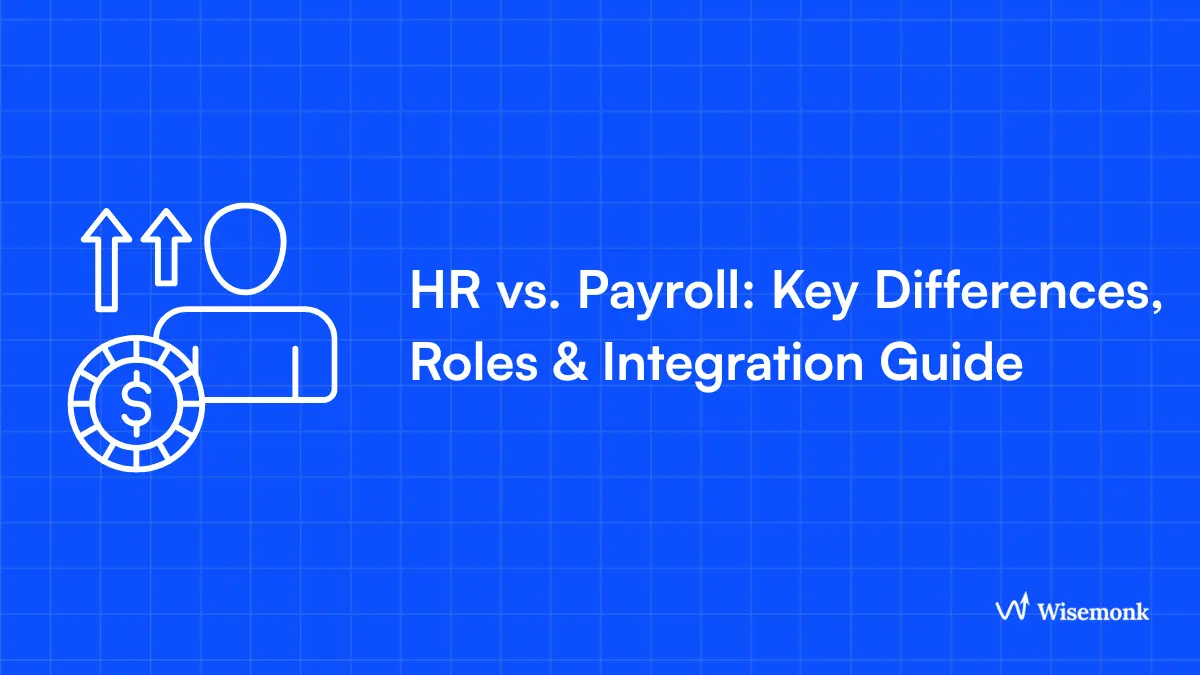- Co-employment is when two companies share responsibility for an employee, with one managing daily tasks and the other handling administrative duties.
- The arrangement helps businesses expand globally without the need to set up local entities, saving time and resources.
- Benefits include access to local expertise, cost-effective employee benefits, and reduced legal and compliance risks.
- Challenges include loss of control over the workforce, communication issues, and potential regulatory gaps.
- Businesses can avoid risks by choosing the right EOR, establishing clear contracts, and maintaining open communication.
Are you struggling to manage a global workforce while keeping up with all the rules and regulations? You’re not alone. Many HR professionals face challenges expanding their teams internationally, especially with payroll, taxes, and employee management; co-employment can offer support and reduce this burden.
Let’s explore what co-employment is and how it can help make your global hiring process easier and more efficient.
What is Co-Employment?
Co-employment is when two companies share the responsibilities of employing a worker. One company, often called the "client," manages the employee’s daily tasks, while the other company, usually an Employer of Record (EOR), takes care of legal and administrative duties like payroll, taxes, and compliance. This setup allows businesses to hire and manage employees without needing to set up a local office, saving time and money.
For employers expanding internationally, understanding the shared responsibilities of co-employment helps navigate complex labor laws and appreciate its benefits. Knowing how these responsibilities are divided is key to making the partnership work smoothly.
Example:
Suppose a US-based e-commerce company decides to expand its operations into Germany. Rather than establishing a local HR department, they partner with a German PEO to handle all the administrative tasks, such as payroll, taxes, and compliance with local labor laws.
The PEO acts as the co-employer, ensuring that all legal requirements are met, while the e-commerce company continues to manage its employees' daily tasks and job responsibilities. This co-employment arrangement allows the company to scale quickly and efficiently without the need to navigate the complexities of international HR management.
Let's look at the benefits it brings.
The Pros of Co-Employment

Co-employment offers businesses a variety of benefits, especially when expanding internationally. Here’s a look at some of the most significant advantages:
- Access to Expert HR Help
Not every company has the resources to hire a full-time HR team. Co-employment provides businesses with access to experienced HR professionals who can handle hiring, onboarding, and employee management, so you can focus on running your business. - Affordable Employee Benefits
Co-employment makes it possible for companies to offer competitive benefits, like health insurance and retirement plans, without the high costs of managing them internally. The EOR takes care of all the details, helping you provide valuable benefits to employees while keeping costs low. - Easier Payroll and Taxes
Managing payroll can be time-consuming and prone to mistakes. With co-employment, the EOR handles salary calculations, tax filings, and ensures everything complies with local labor laws. This saves time and reduces the risk of errors. - Less Legal and Compliance Risk
Co-employment helps reduce the risk of legal problems by having an EOR manage all the compliance work. This includes handling issues like workers' compensation and following local labor laws, so you don’t have to worry about missing important regulations. - Flexibility to Scale Your Workforce
Co-employment makes it easy to grow your team without the hassle of setting up a local office or dealing with complex legal requirements. You can quickly hire the talent you need and adjust your team as business demands change.
With these benefits, it’s important to consider the potential challenges of this arrangement before moving forward.
The Cons of Co-Employment

While co-employment provides several benefits, it’s important to recognize the potential challenges that come with sharing employment responsibilities. Businesses need to carefully consider the trade-offs before deciding if this model suits their needs.
- Loss of Control Over the Workforce
In a co-employment relationship, the business shares control of its employees with the EOR. This means the company may have less influence over employee management decisions, such as handling disputes, setting workplace policies, or directly overseeing performance. - Communication Challenges
Working with an external partner for HR and administrative tasks can lead to miscommunication or a disconnect between the company's goals and how the EOR operates. Maintaining alignment between the company and the EOR may require additional effort, especially when managing remote teams across different time zones. - Potential for Compliance Gaps
Even though EORs are responsible for ensuring compliance with local laws, there is always a risk of regulatory misalignment. If the EOR is not fully aware of the latest changes in labor laws or fails to manage compliance accurately, the company could still face fines or penalties. - Dependency on a Third Party
Relying on an EOR for key functions like payroll, tax filings, and compliance means that the business is dependent on a third party for critical tasks. If the EOR experiences delays or errors, it could directly impact the business, causing disruptions to employee satisfaction or financial operations.
Despite these potential drawbacks, co-employment can still be an effective solution when managed properly. Let's examine how you can mitigate these risks.
How to Avoid Risks in Co-Employment
To make co-employment work smoothly, businesses need to take a few important steps to minimize risks. Here's how you can reduce the risks of co-employment:
- Choose the Right EOR Partner
It’s crucial to pick an Employer of Record (EOR) that has experience in your industry and understands local laws. A trustworthy EOR can handle your payroll, compliance, and other administrative tasks, so you don’t have to worry about potential mistakes. - Establish Clear Contracts
Make sure there’s a clear, written agreement outlining each party’s responsibilities. This helps prevent confusion and ensures that everyone knows what they’re in charge of. - Keep Communication Open
Regular communication with your EOR is key to staying aligned. By checking in regularly, you can resolve any issues early and make sure both sides are working toward the same goals. Open communication helps prevent mistakes and ensures smooth operations. - Audit and Monitor Compliance
Even though the EOR handles compliance, it's still a good idea to keep track of their work. Regular audits help ensure that everything is being done according to the rules, and it lets you stay on top of any changes in laws that might affect your business.
By following these simple steps, businesses can minimize risks and make co-employment a smooth and effective solution. Now, let’s explore how Wisemonk can help with these processes and offer extra support for managing your workforce.
Mitigate Co-Employment Risks with Wisemonk

Wisemonk’s Employer of Record (EOR) services are designed to help businesses manage co-employment risks efficiently. Here's how Wisemonk ensures smooth operations for your business:
- Payroll and Tax Management: Wisemonk takes care of payroll administration and ensures tax filings are accurate and timely, helping businesses stay compliant without extra effort.
- Local Compliance Expertise: With deep knowledge of labor laws, Wisemonk handles all compliance requirements, reducing the risk of legal issues.
- Employee Benefits: Wisemonk offers competitive employee benefits, such as health insurance and retirement plans, ensuring businesses can attract and retain talent without the administrative burden.
Managing a global workforce involves challenges such as understanding labor laws, handling payroll accurately, and ensuring compliance with regulations. Each of these areas requires careful attention to avoid risks.
Wisemonk is here to make this process easier. Book a free consultation with us today and let us handle your compliance and payroll, allowing you to focus on business growth.
Frequently asked questions
How does co-employment affect employee benefits?
Co-employment can provide employees with high-quality benefits, such as health insurance and retirement plans, without the company having to manage them directly.
What happens if my EOR fails to comply with local laws?
While the EOR is responsible for compliance, it's important for businesses to regularly audit and monitor their processes to ensure they stay aligned with changing regulations.
How can co-employment help with scalability?
Co-employment allows businesses to quickly scale their teams in new markets without the overhead of setting up a local office or managing complex legal requirements.
Is co-employment a good fit for all types of businesses?
Co-employment works best for businesses looking to expand globally, especially those in need of talent in countries with complex labor laws, like India.
What are the costs involved in a co-employment arrangement?
The cost of co-employment can vary depending on the services provided by the EOR, but it typically includes payroll administration, compliance management, and employee benefits.
What is co-employment?
Co-employment occurs when two entities share legal responsibilities for the same employee, typically seen when using a PEO or EOR.
How do you avoid co-employment issues?
Clearly define roles and responsibilities, use contracts carefully, and partner with reputable PEOs or EORs to ensure compliance.




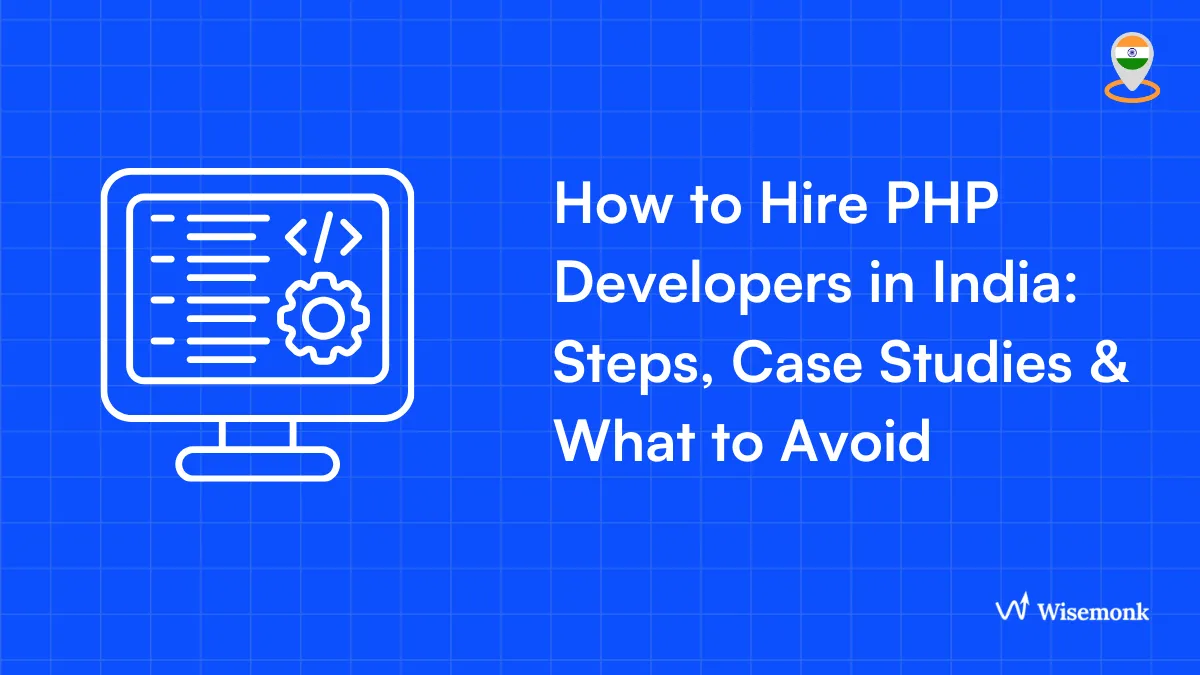
.webp)
.webp)

.webp)
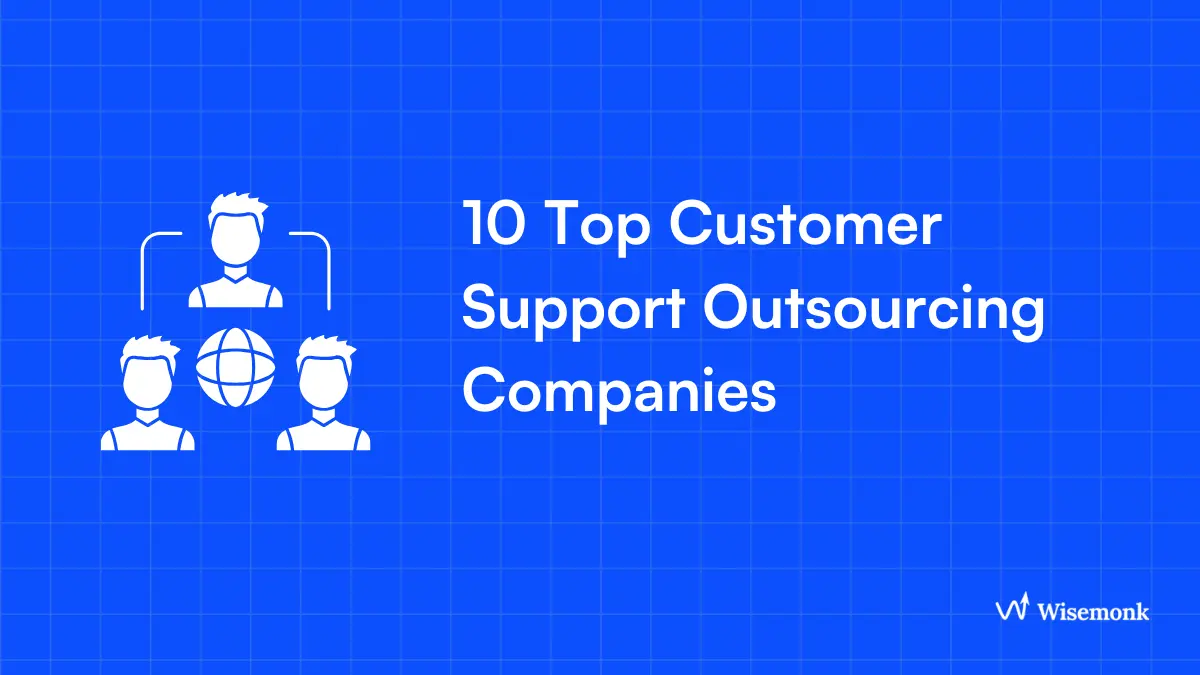
.webp)

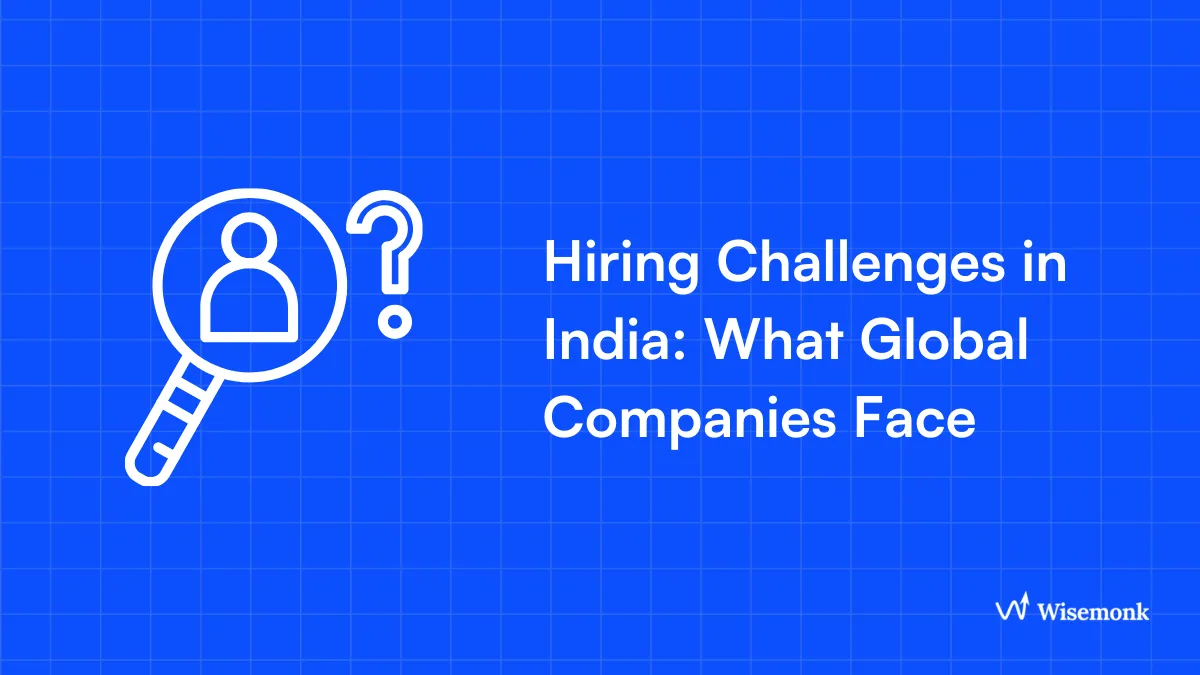

.webp)
.webp)

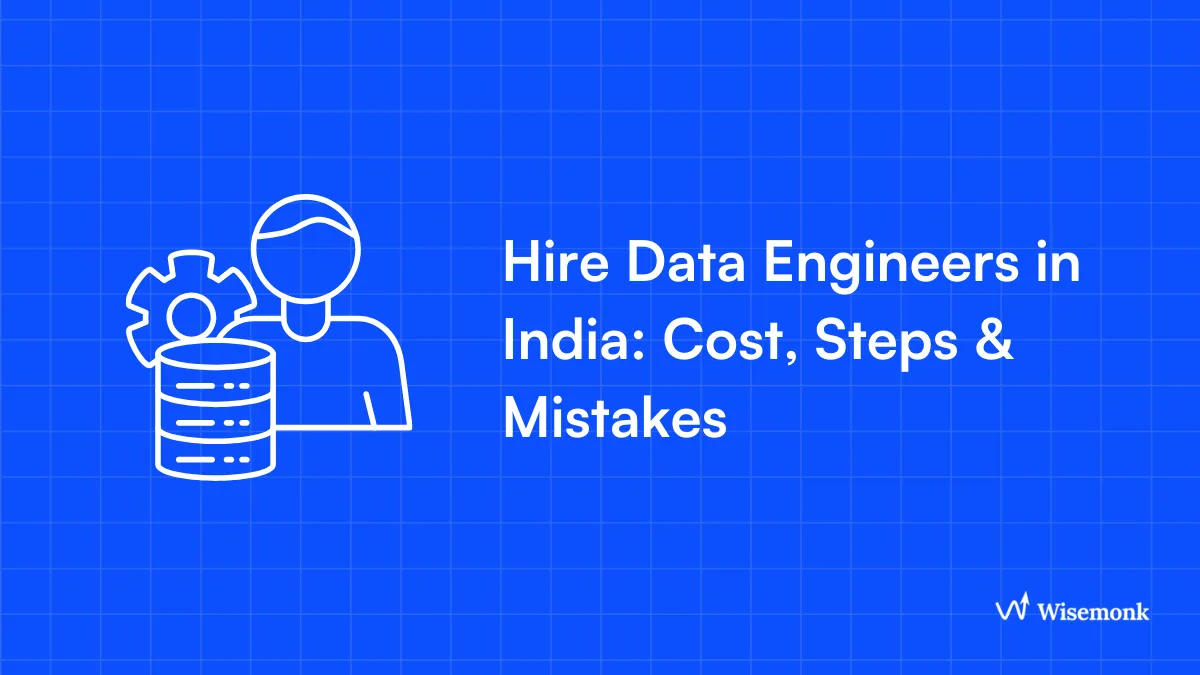


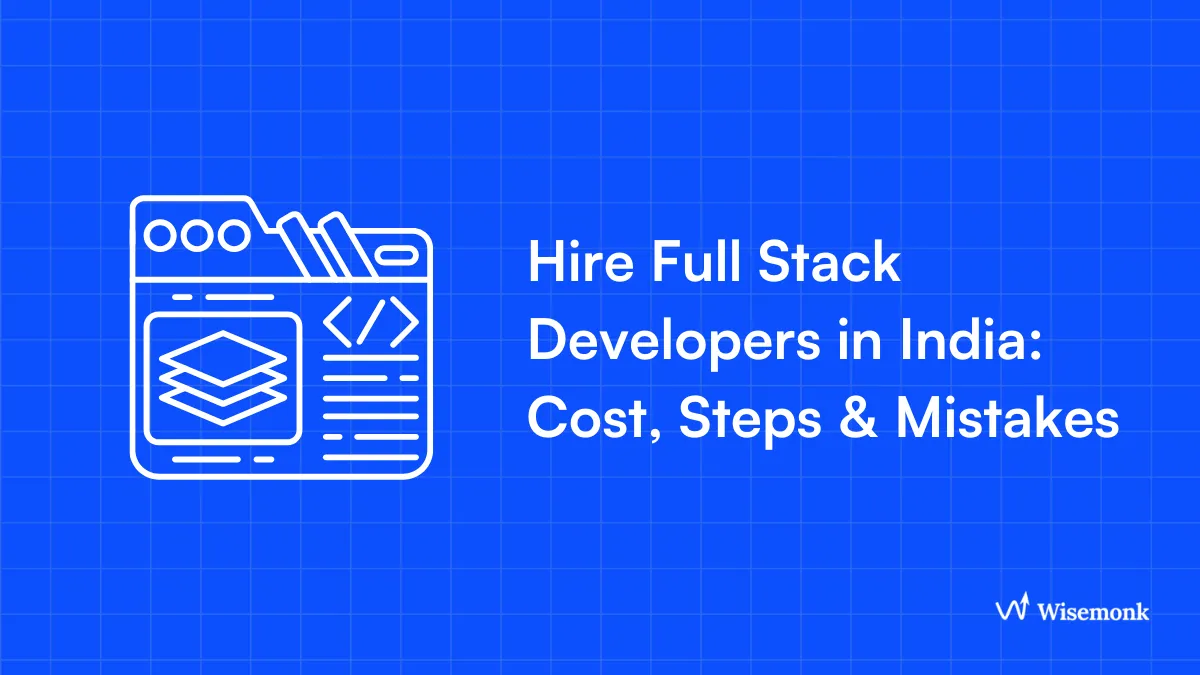

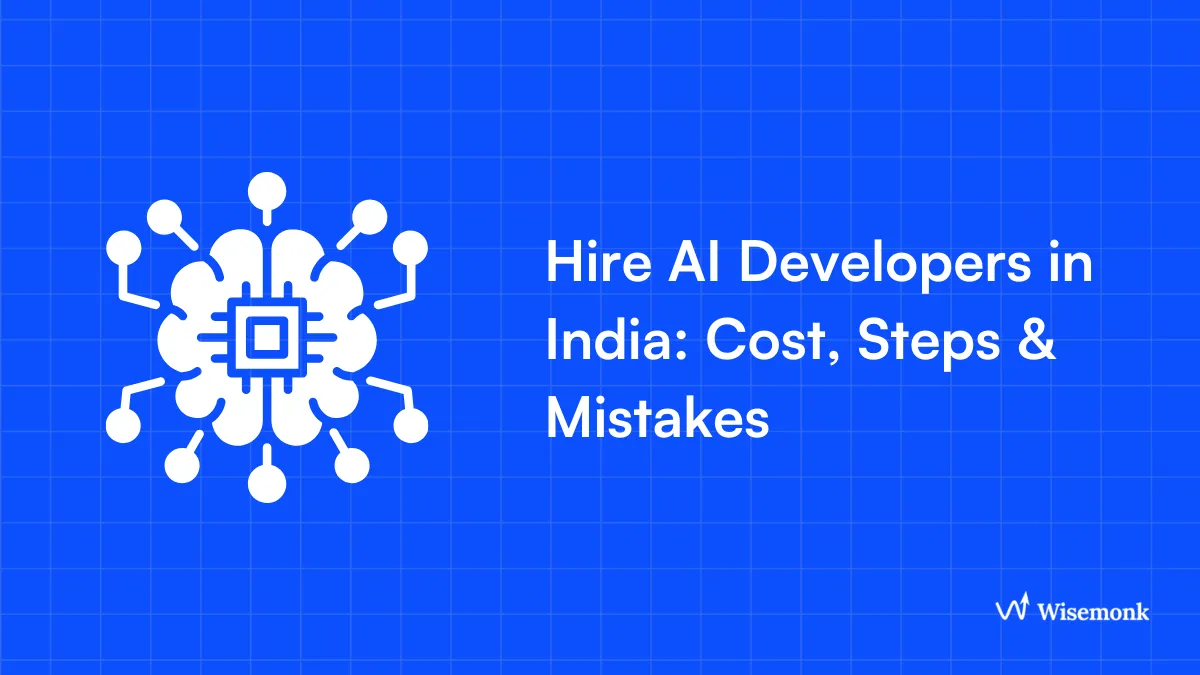
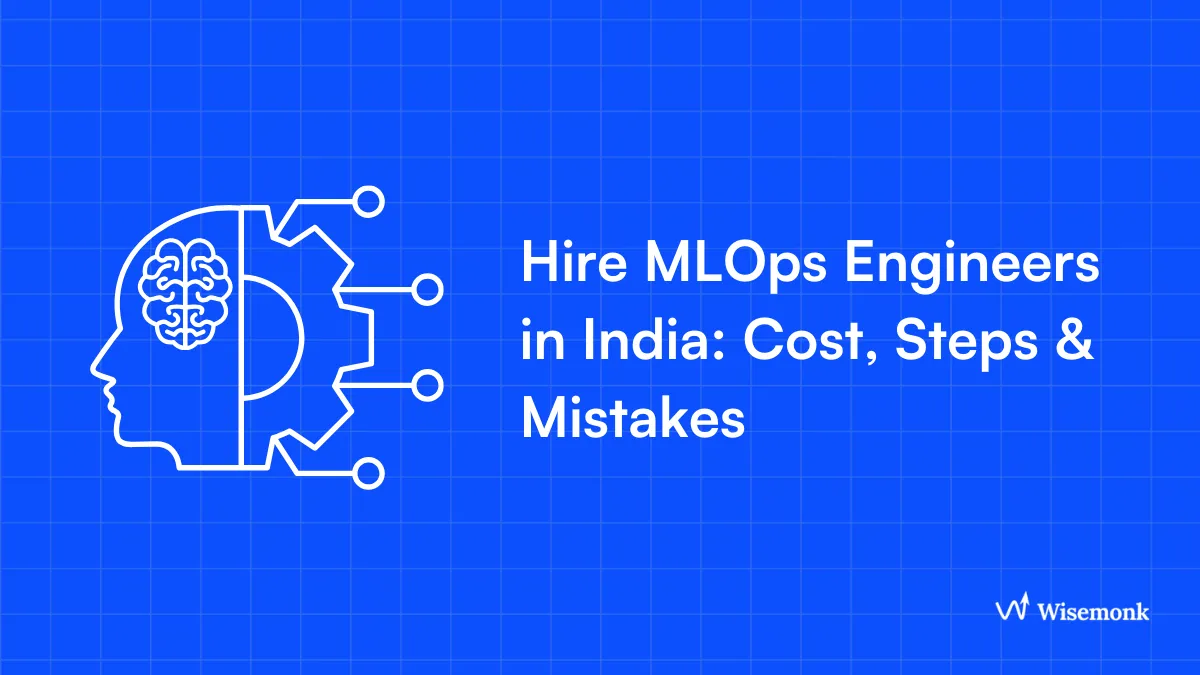
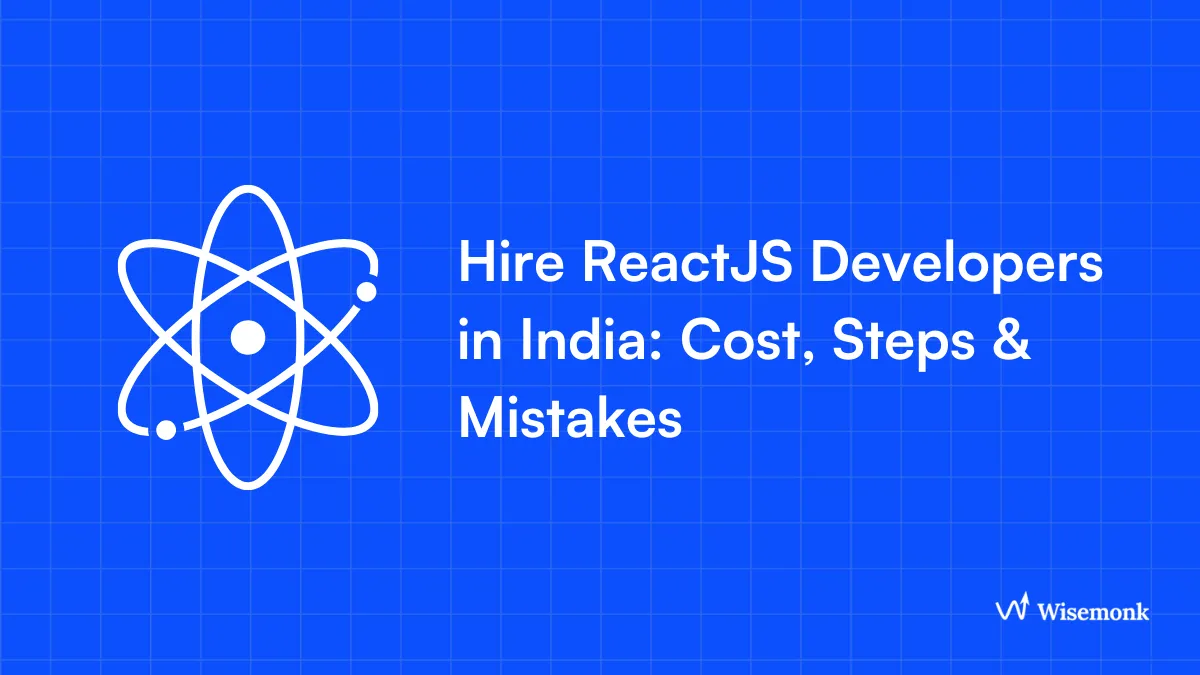
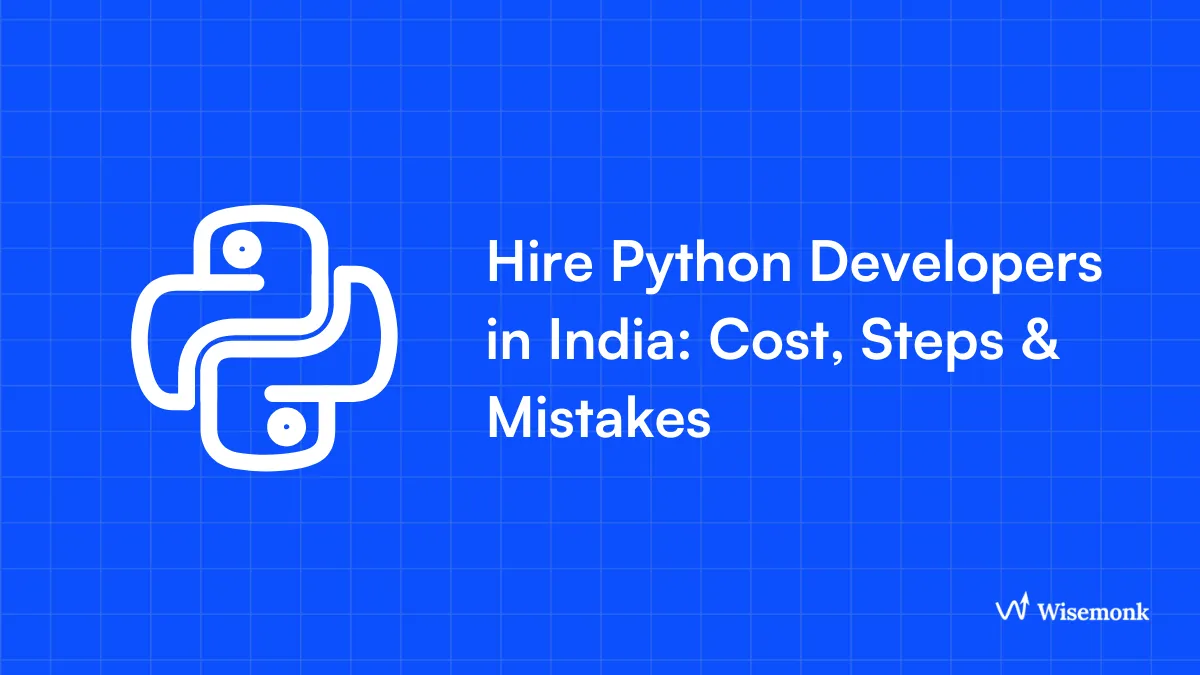


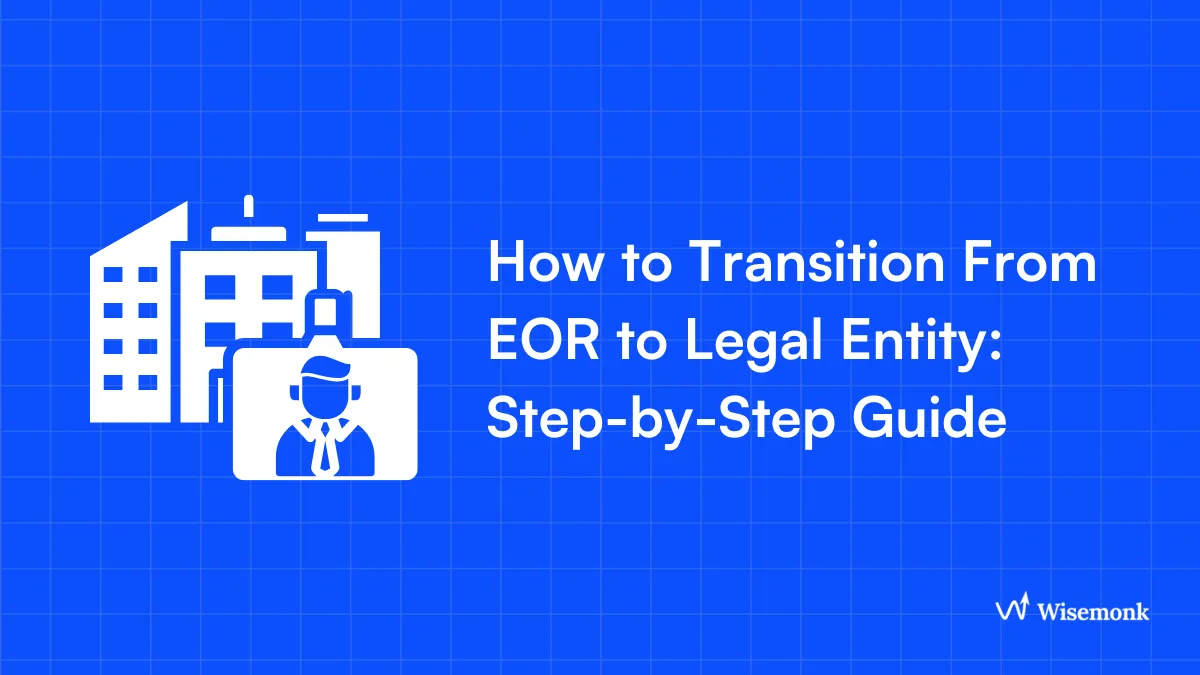

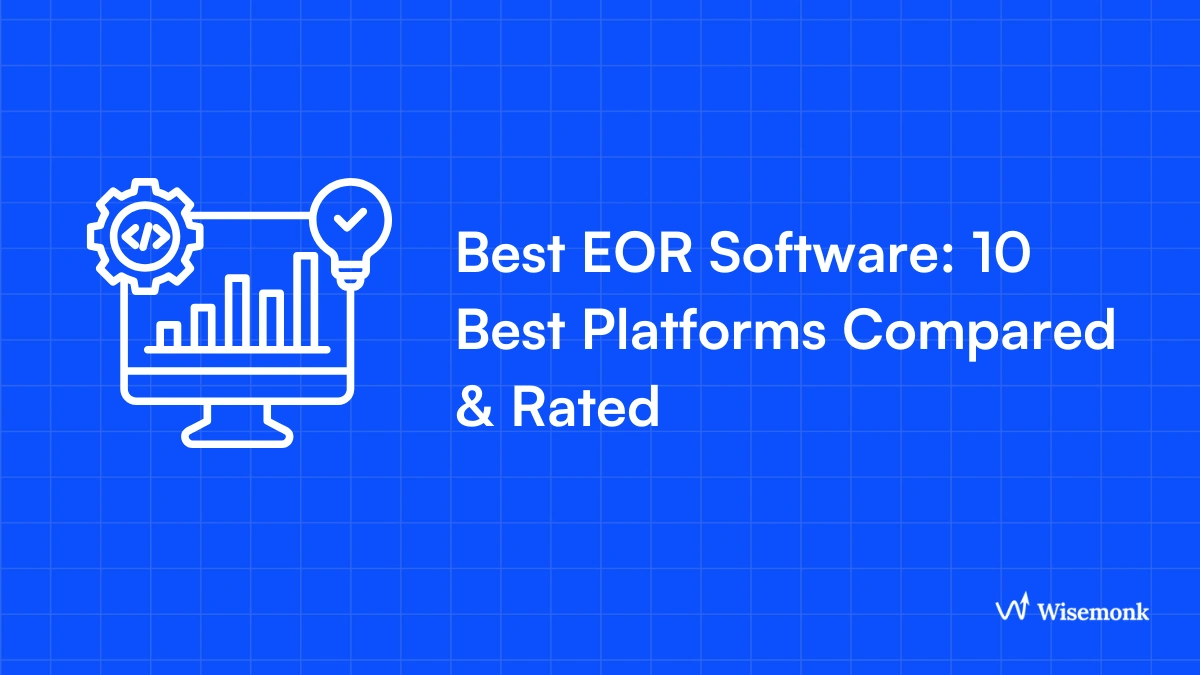
.webp)
.webp)
.webp)




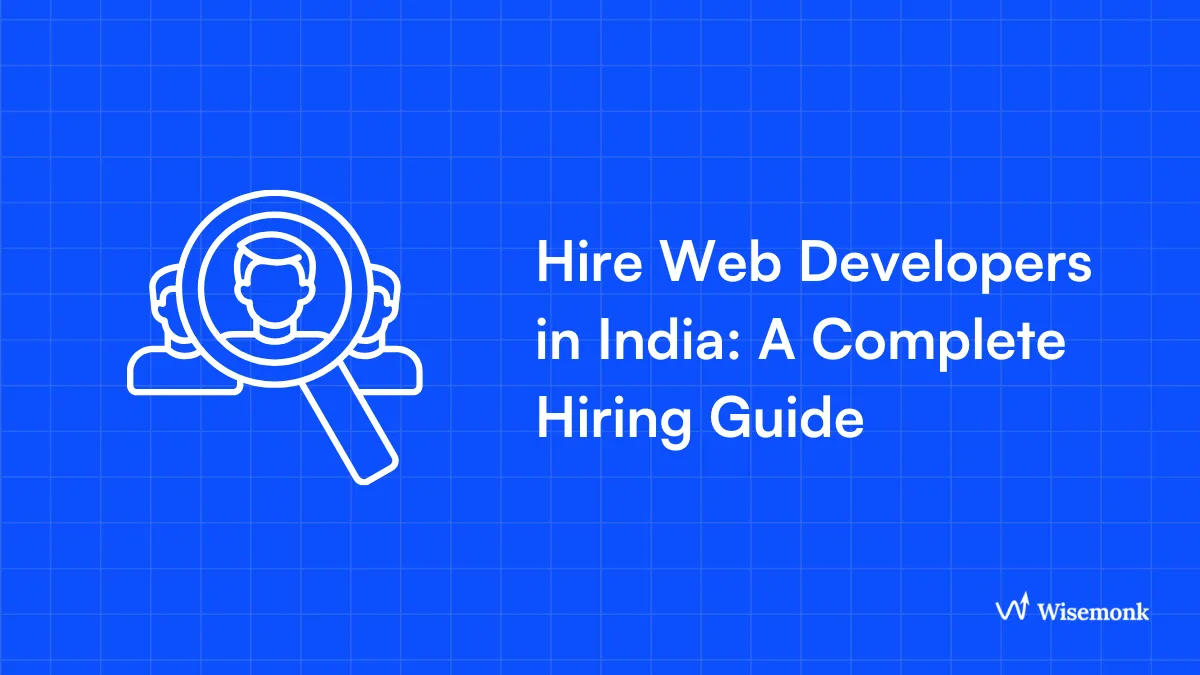
.webp)
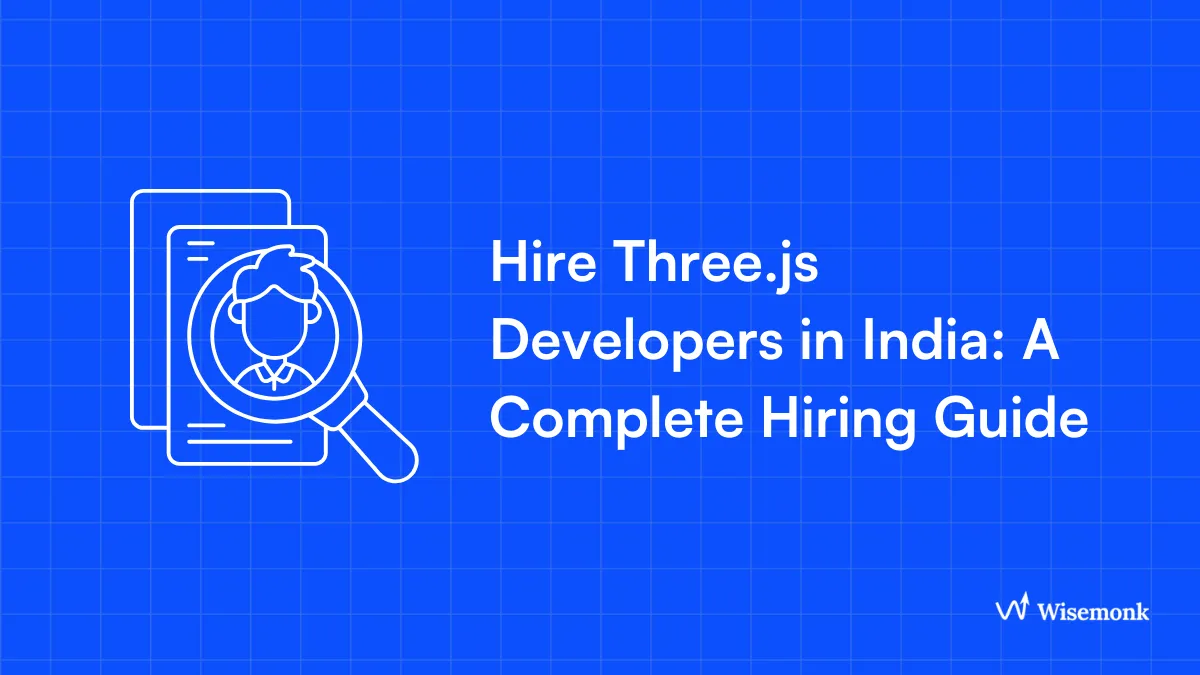
.webp)


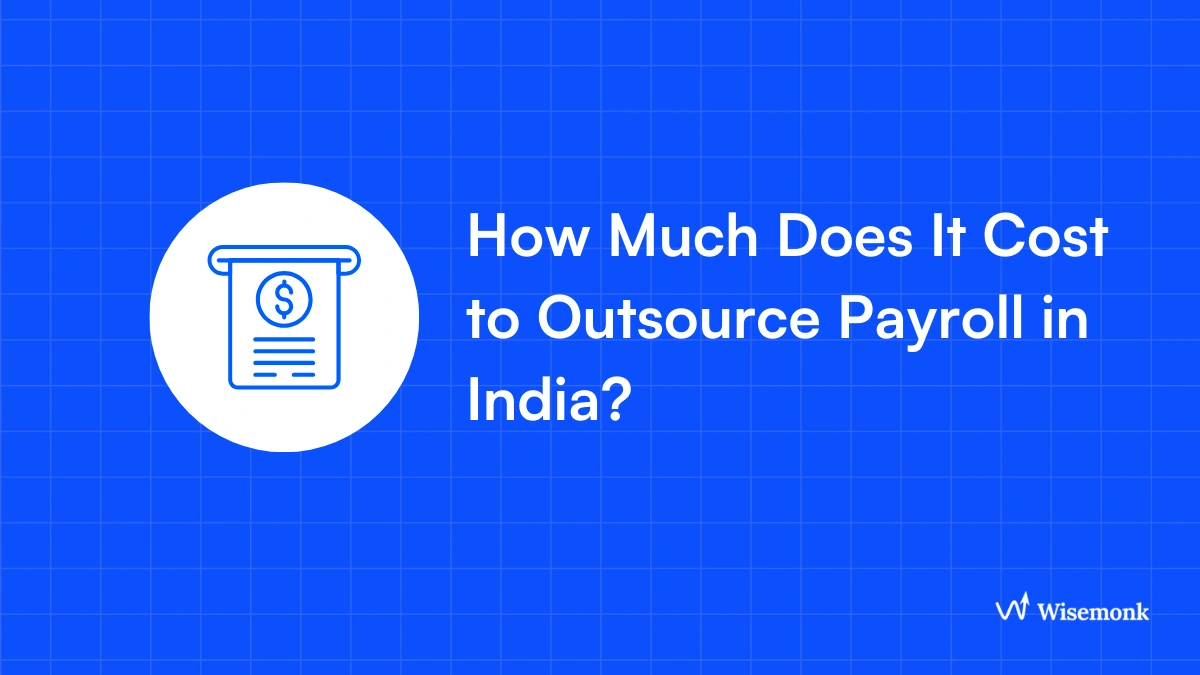


.webp)
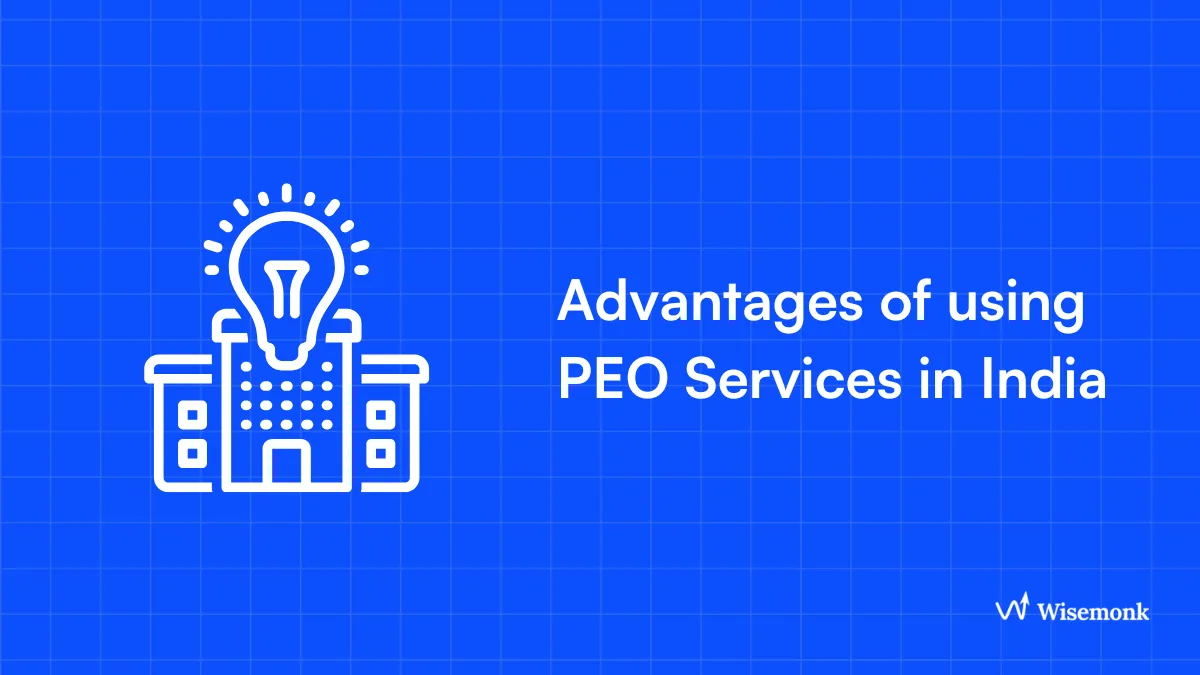




.webp)

%20in%20India.webp)
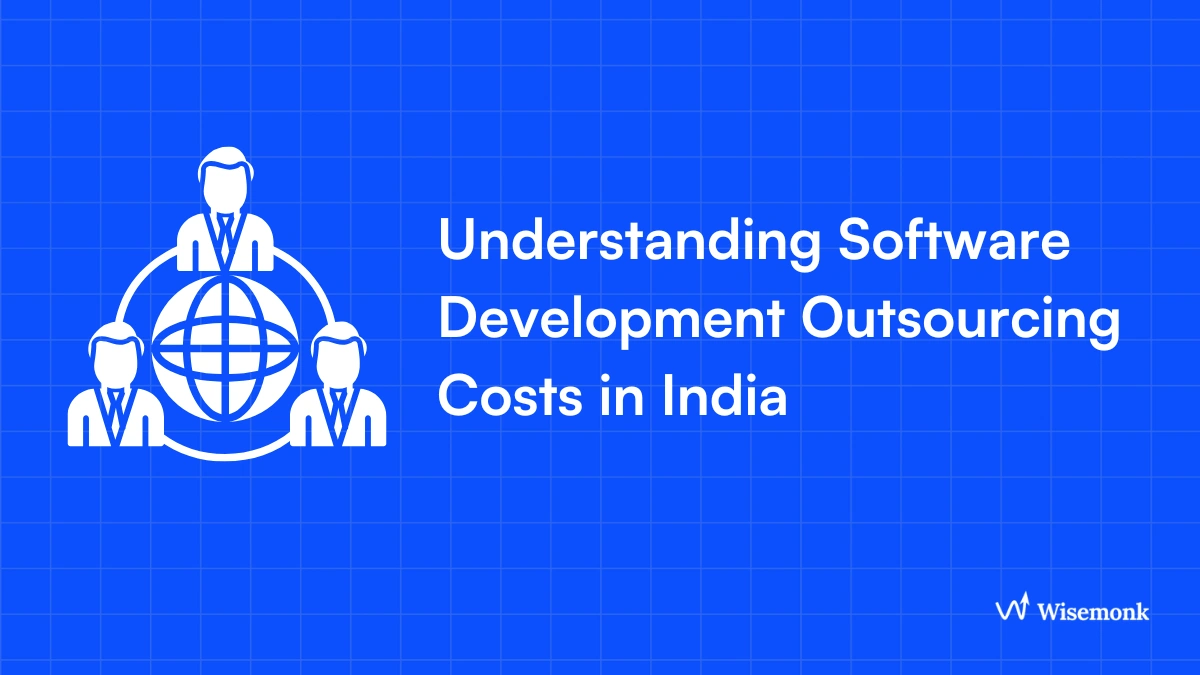

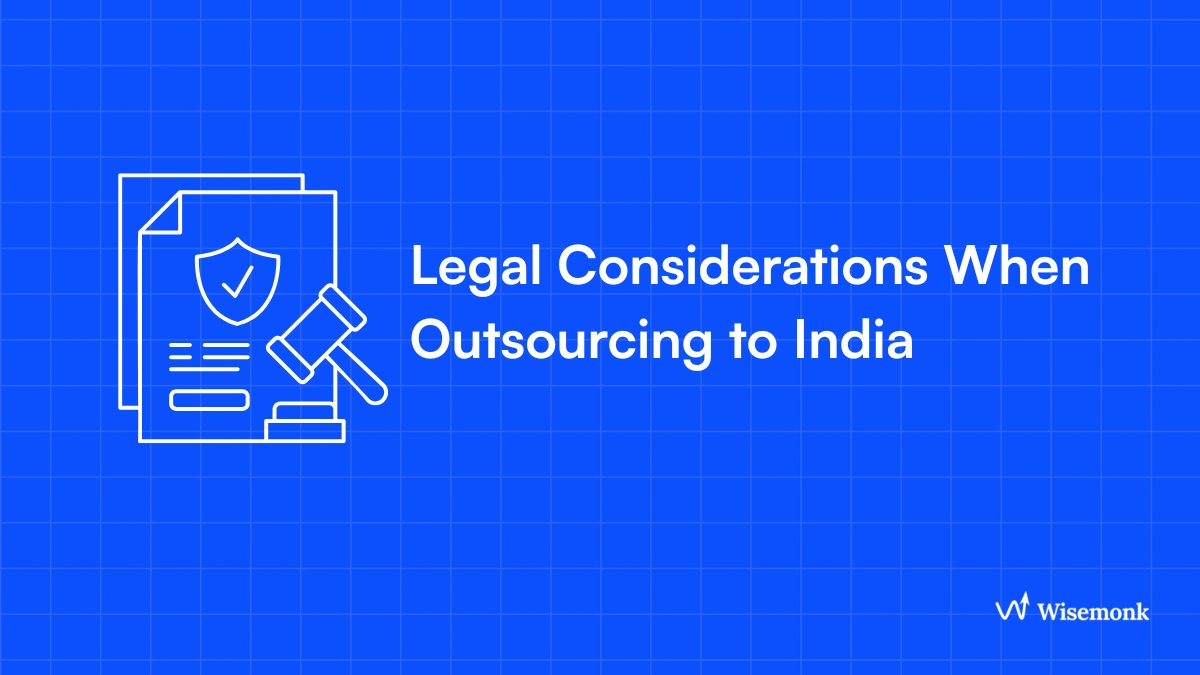
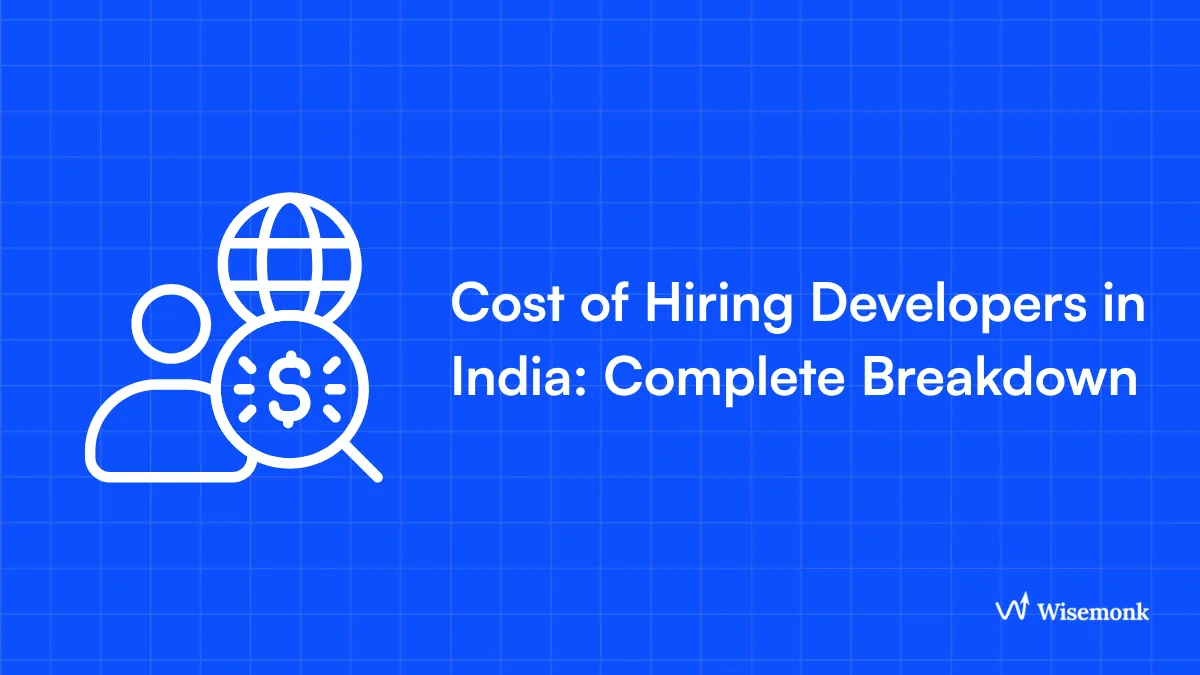

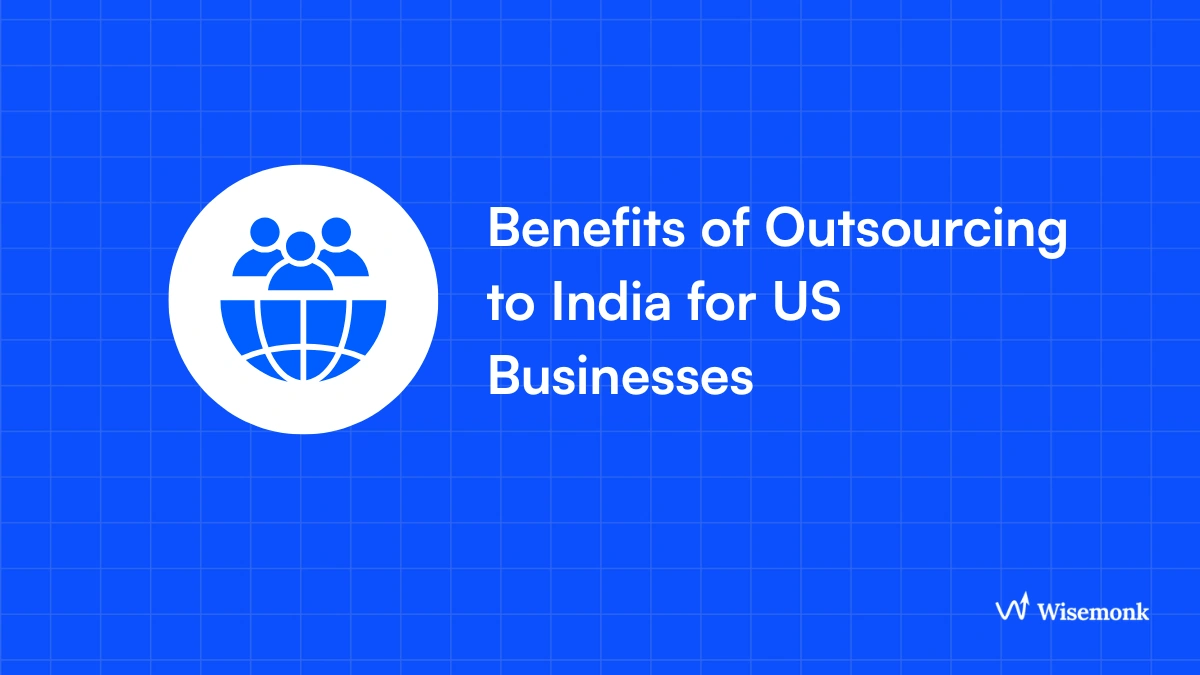

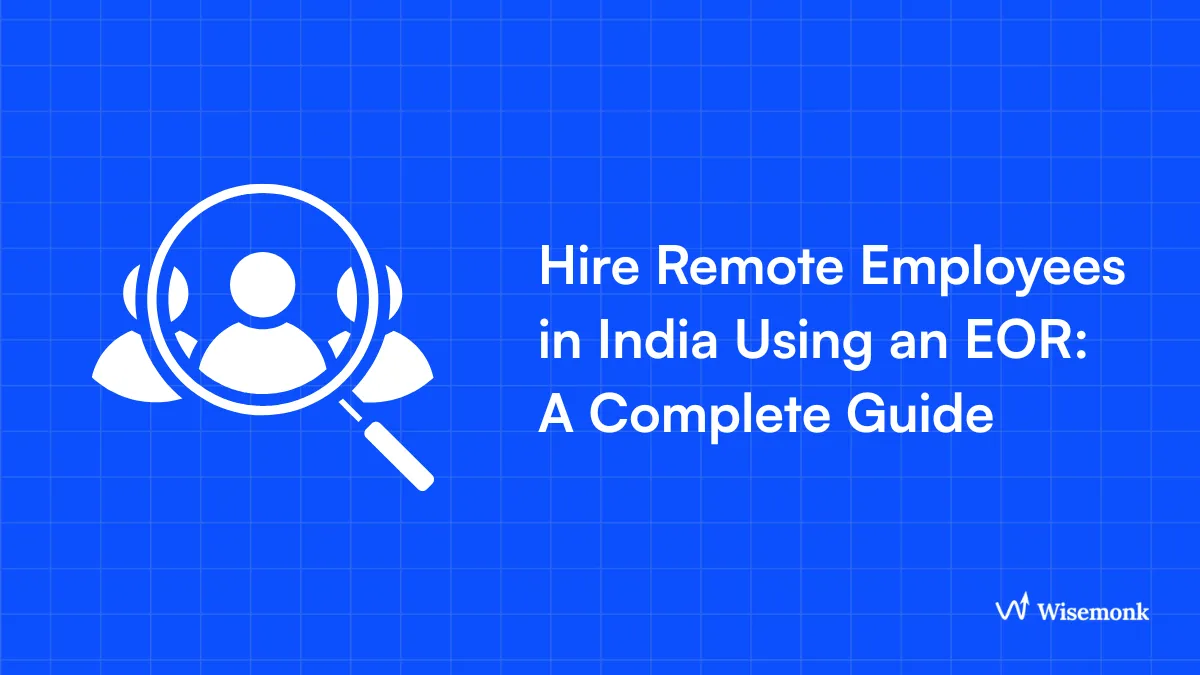



.webp)
.webp)
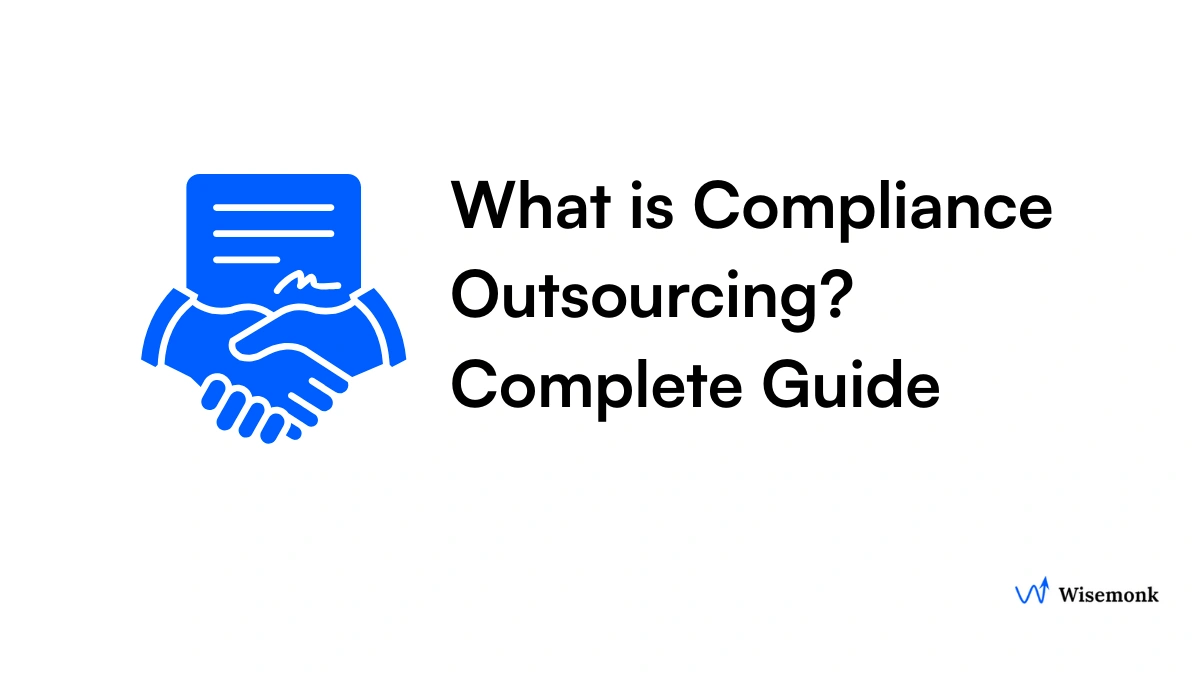

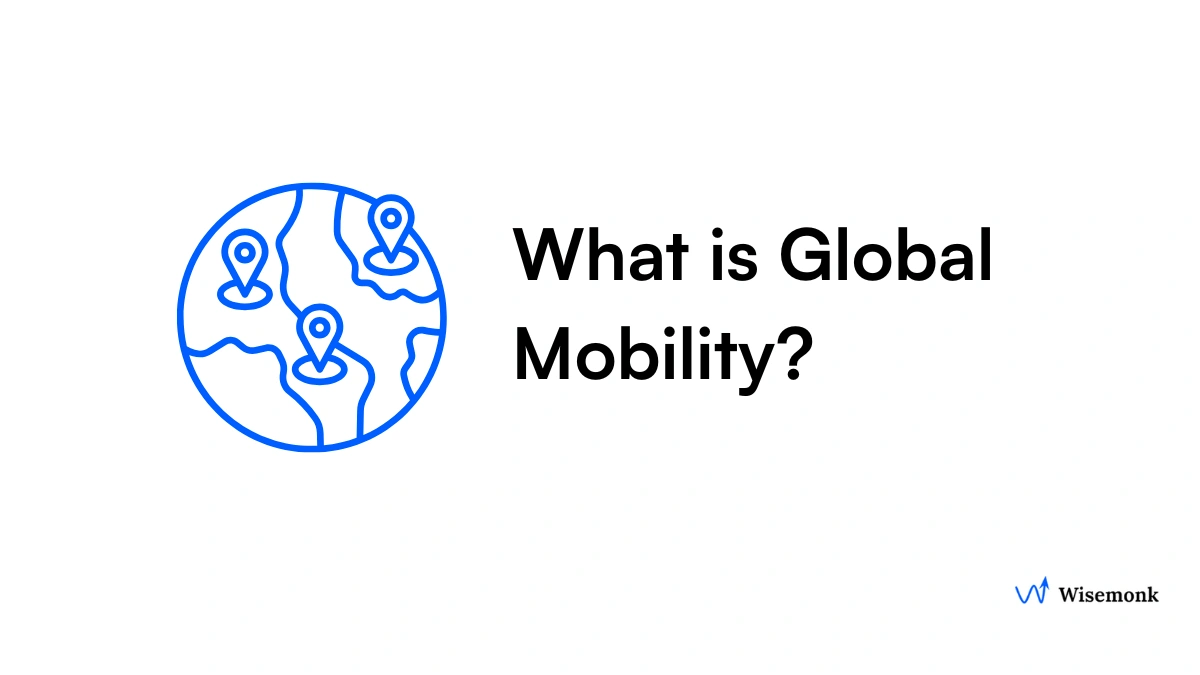
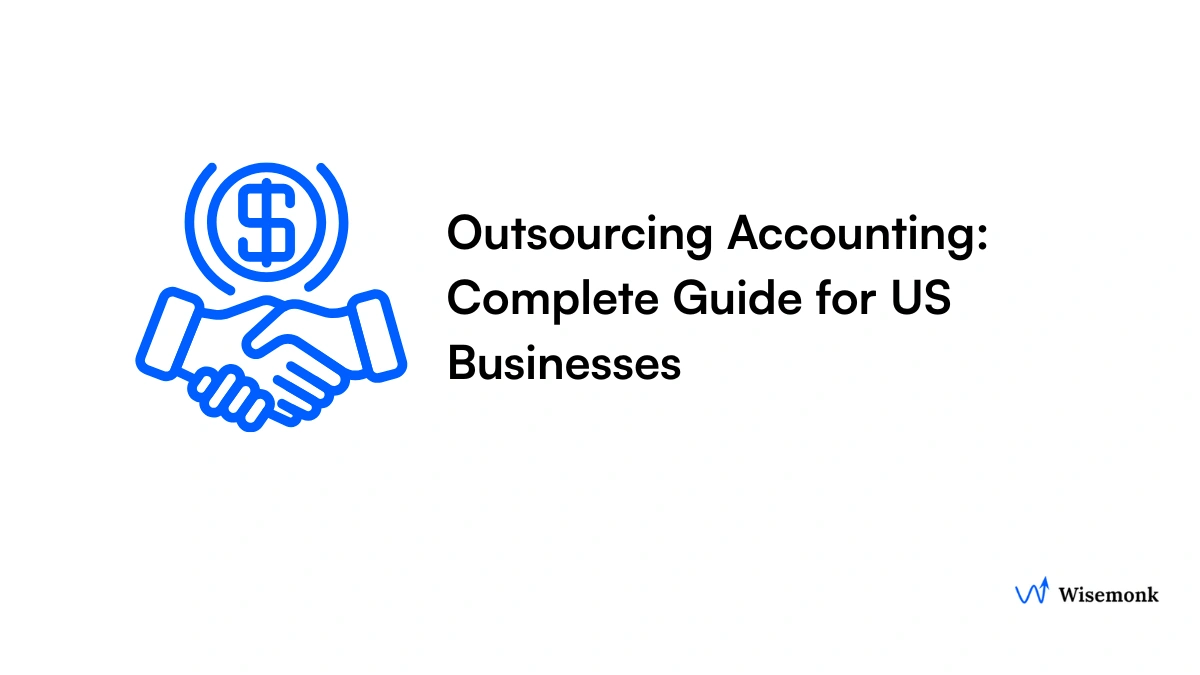
%20(3).webp)
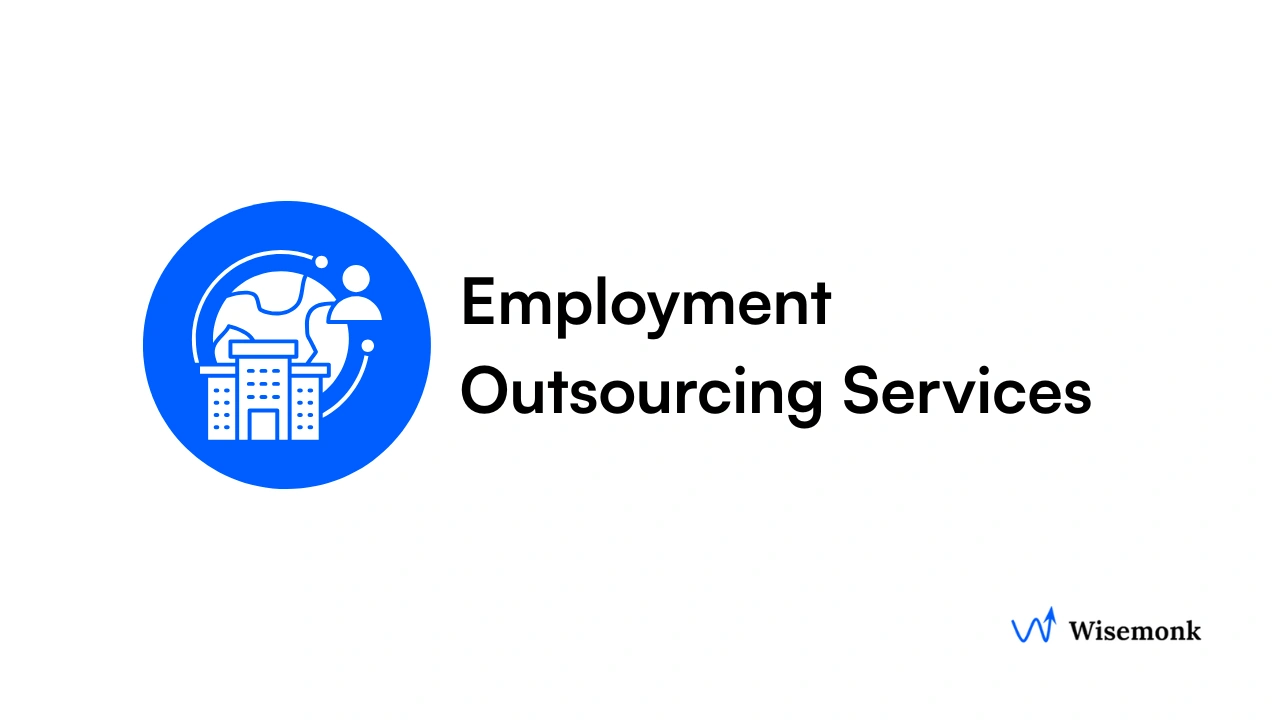
.webp)
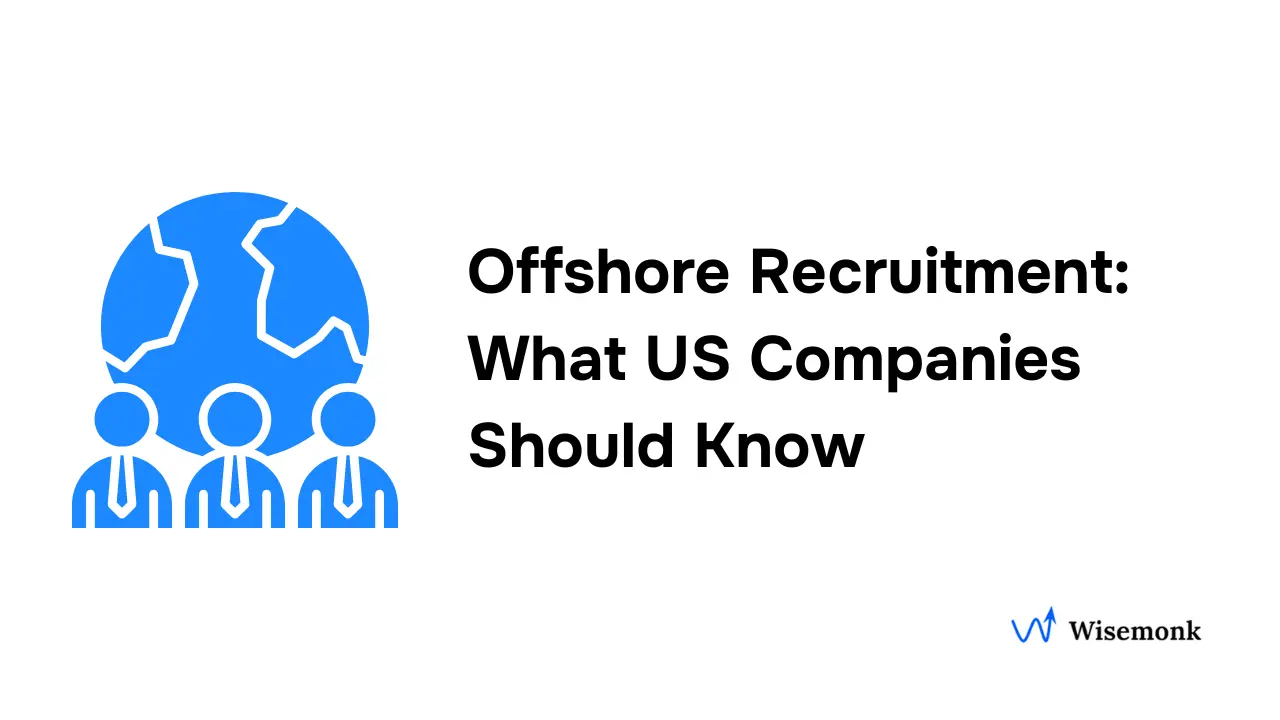

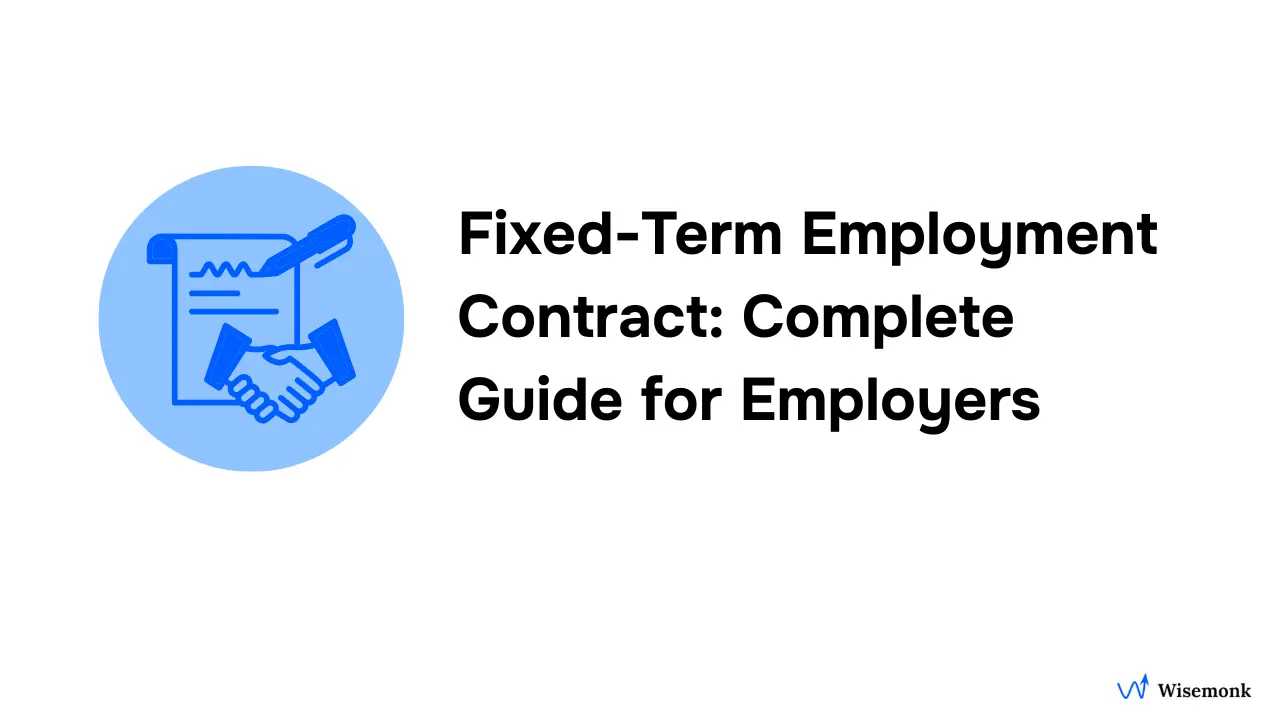
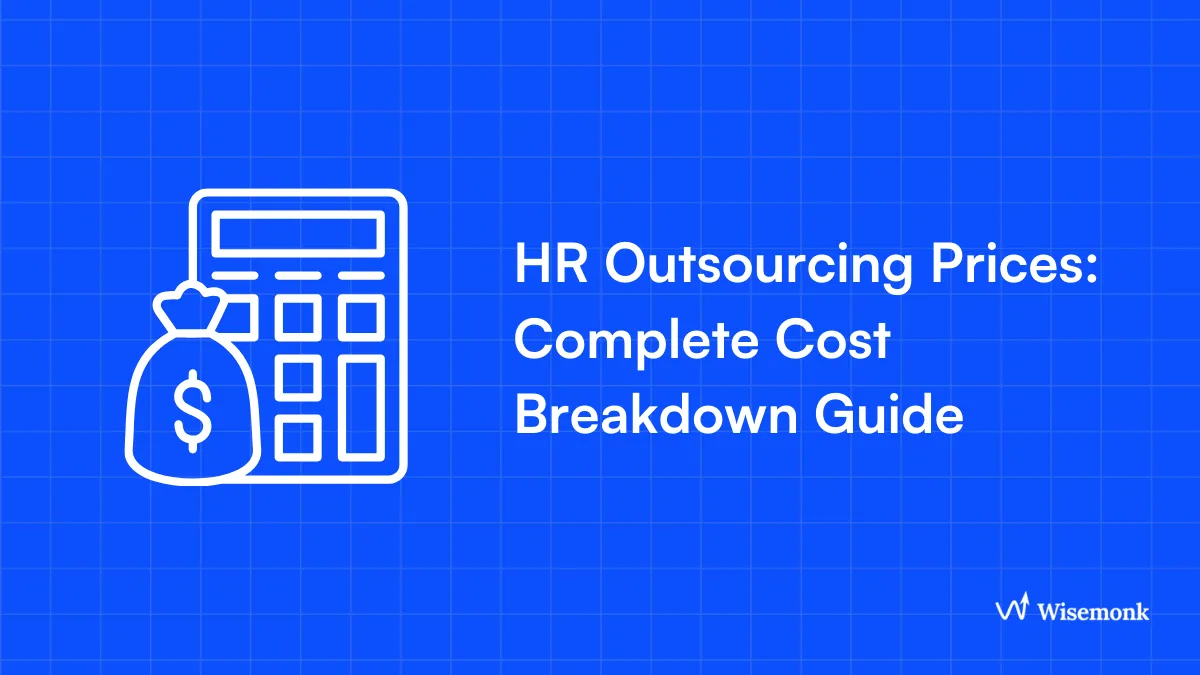
.webp)
.webp)
.webp)

.webp)

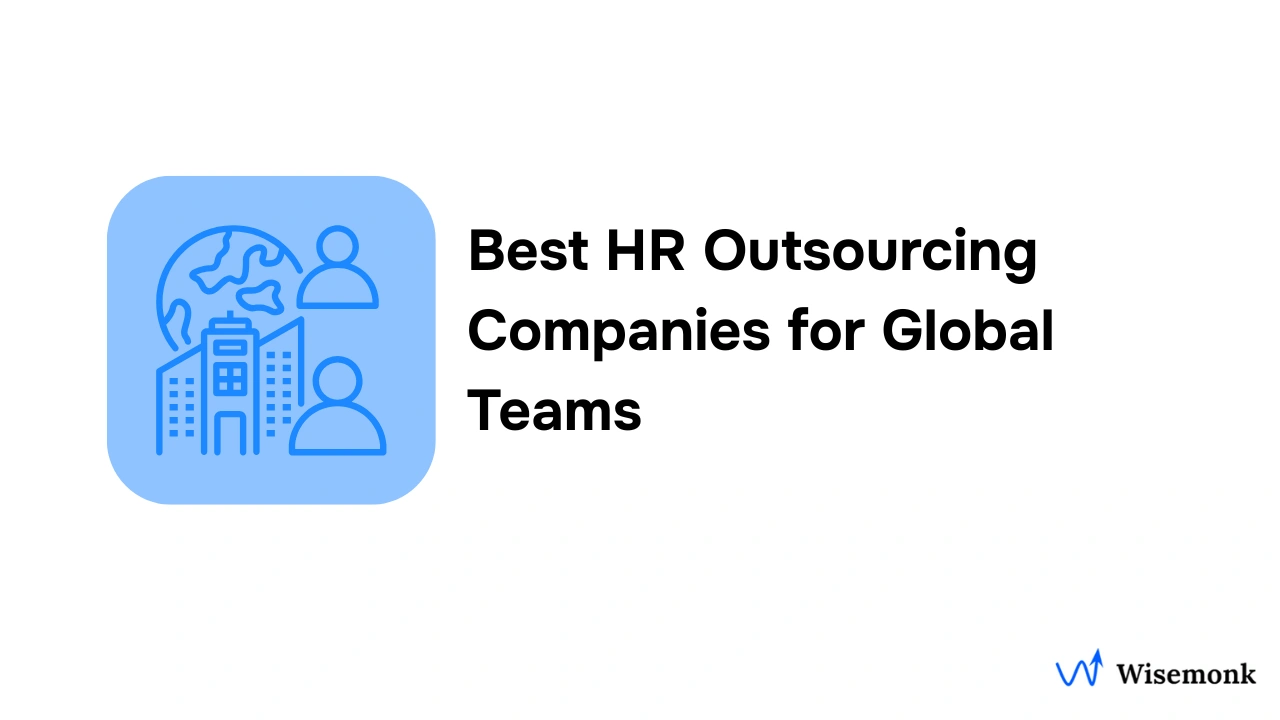
.webp)

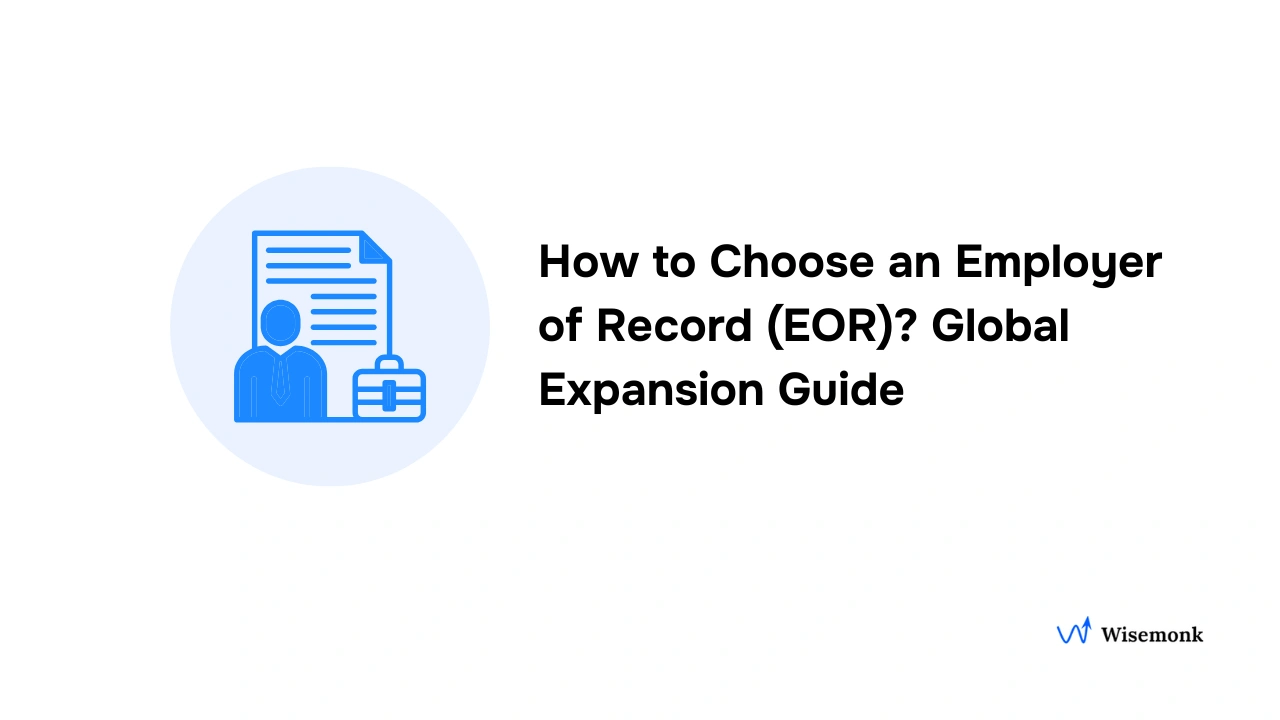
.webp)

.webp)
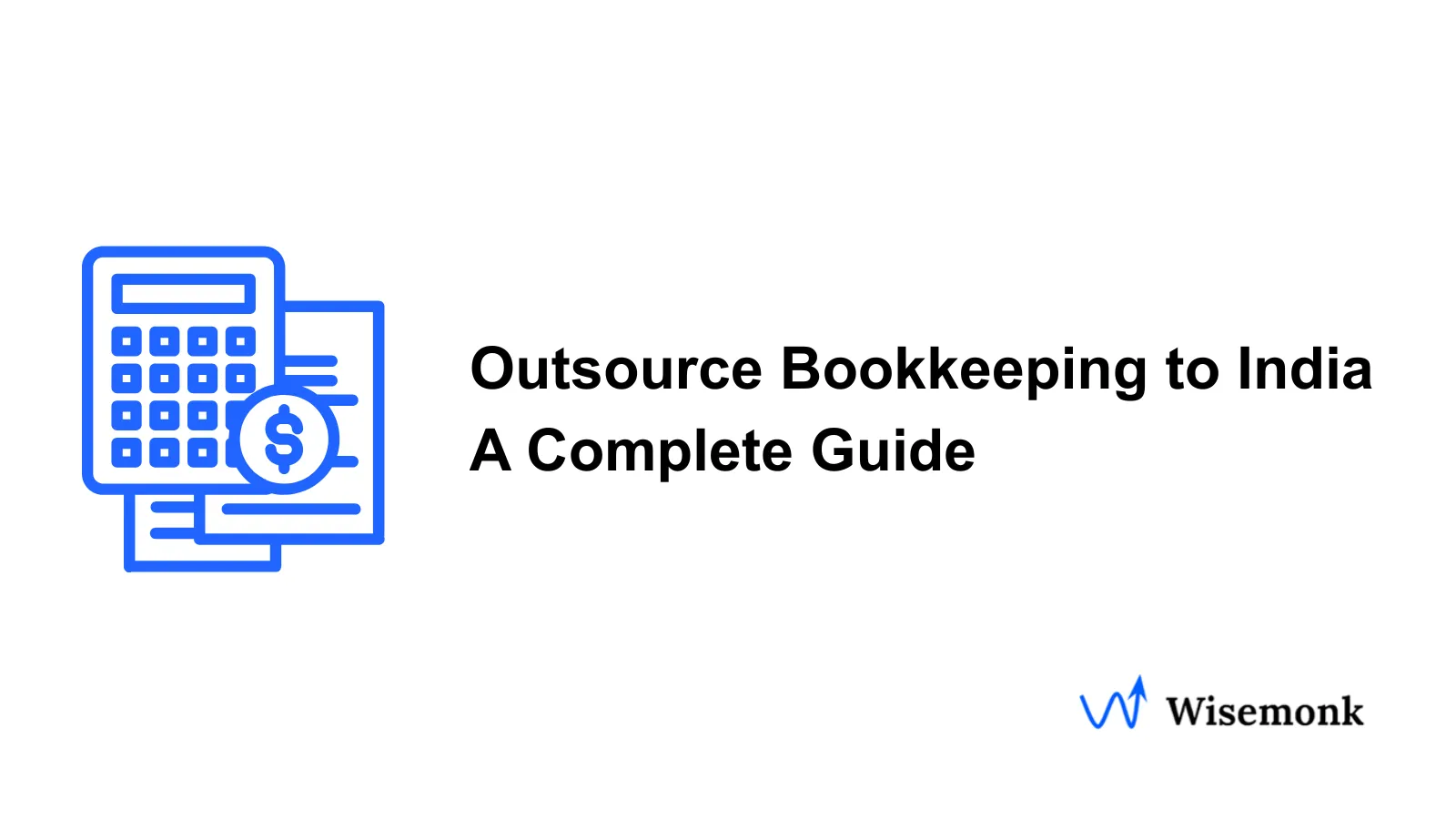
.webp)
.webp)
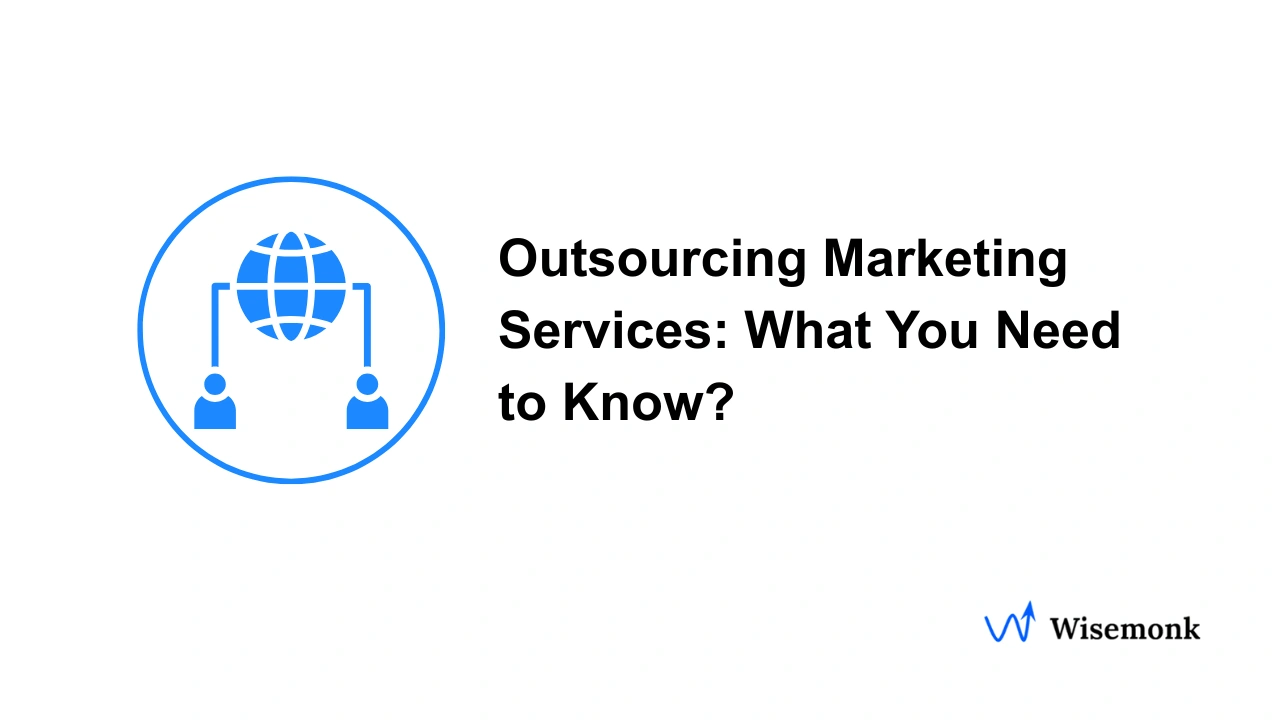
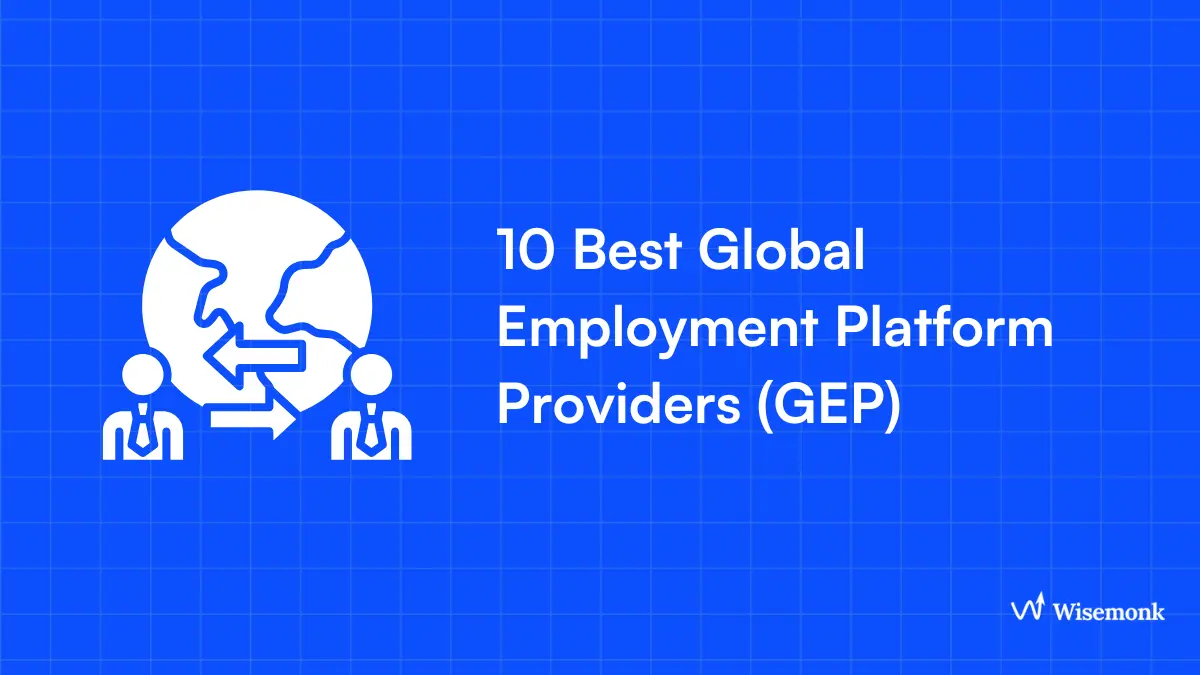
.webp)
